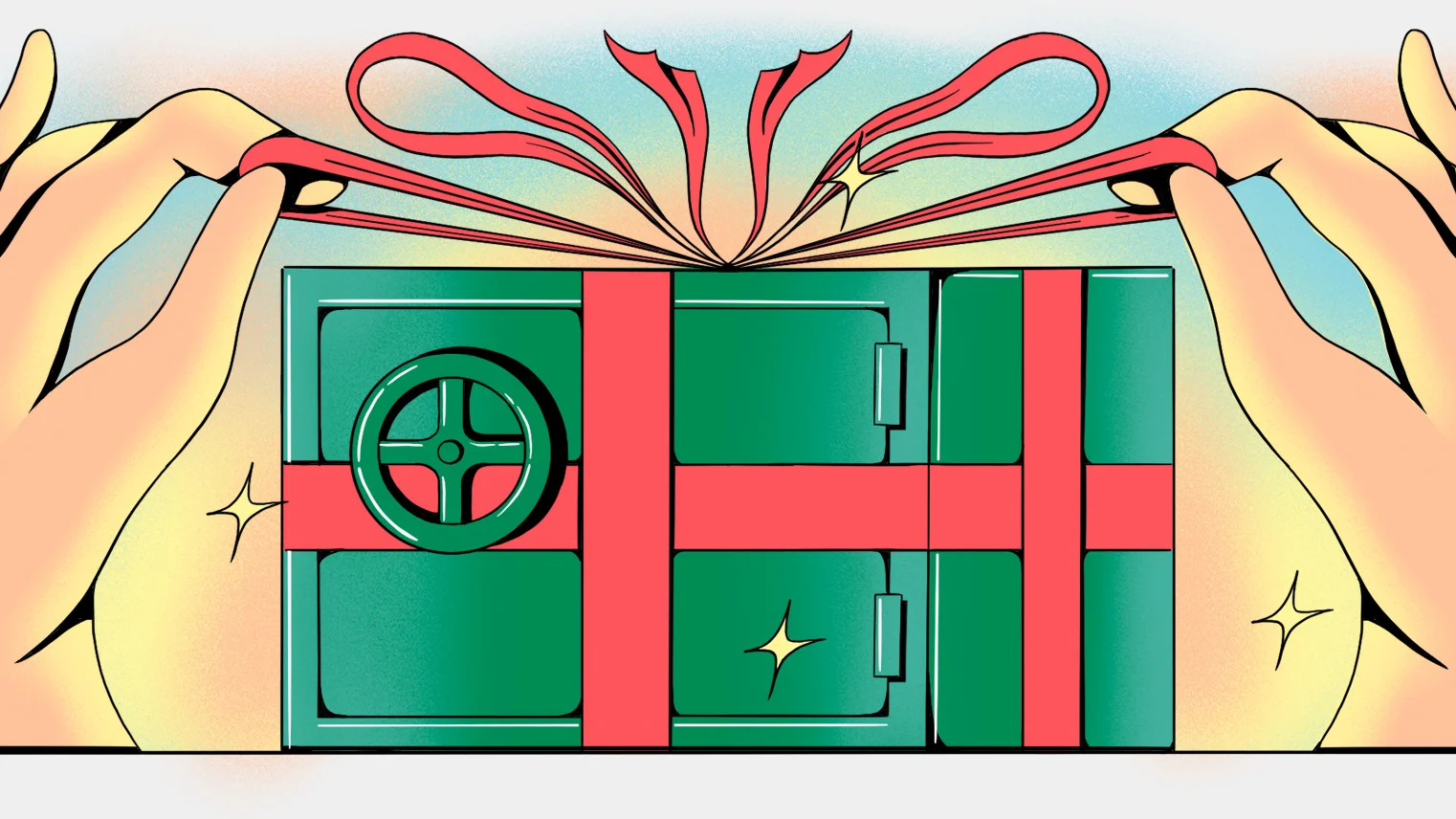
Plan your next vacation ahead to ensure that you get the most for your money without sacrificing a good time. Then relax, knowing that you might even have funds left over when you get home. Here's how:
- Airfare — Book flights on Yapta and be eligible for a voucher if the airfare goes down after you’ve purchased your tickets. Sign up for alerts from Airfarewatchdog; follow other travel sites on social media as well. Call your airline agent and ask for a deal. Use a regional airport — low-cost airlines often don’t service the large international airports.
- Lodging — If you book by phone, ask the desk agent to beat the online rate. Consider an apartment or home rental instead of a hotel — you’ll save even more by cooking your own meals. Consider booking a place to stay through airbnb.com.
- Food — Make lunch your main meal. Lunches often are 30% cheaper than the same entrées on a dinner menu and you’ll be less likely to splurge on expensive alcoholic beverages. Stock up on snack foods before you leave home and replenish your supply at local grocery stores rather than convenience marts.
- Search for vacation package deals — Package deals often give great discounts. Find them on Expedia and Priceline, or daily deal sites like Groupon Getaways and LivingSocial Escapes.
- Use a travel rewards card — Look for a card with no foreign transaction fee, a microchip, and generous rewards.
- Book by your budget — If budget is more important than destination, search “explore” on kayak.com or “flights” on Google.com. Select your departure city, season of travel, price, and get ready to be inspired.
- Add a free destination — Find deals under “special offers” or by searching “stopover” on your airline’s website. You might be able to squeeze in an extra destination at little or even no cost.
- Travel off-season — If you’re flexible, travel in the shoulder seasons — just before or after peak season depending on your destination. Prices are low, the weather could be really nice, shops and restaurants are open, and there are fewer tourists.
Source: cuna.org


